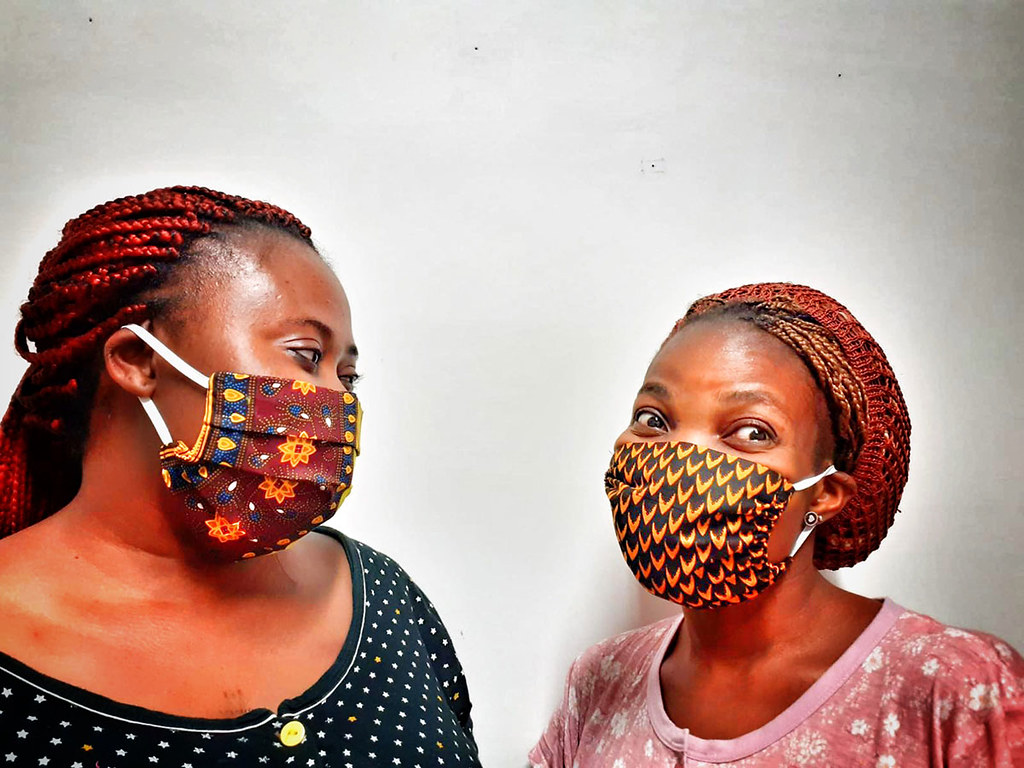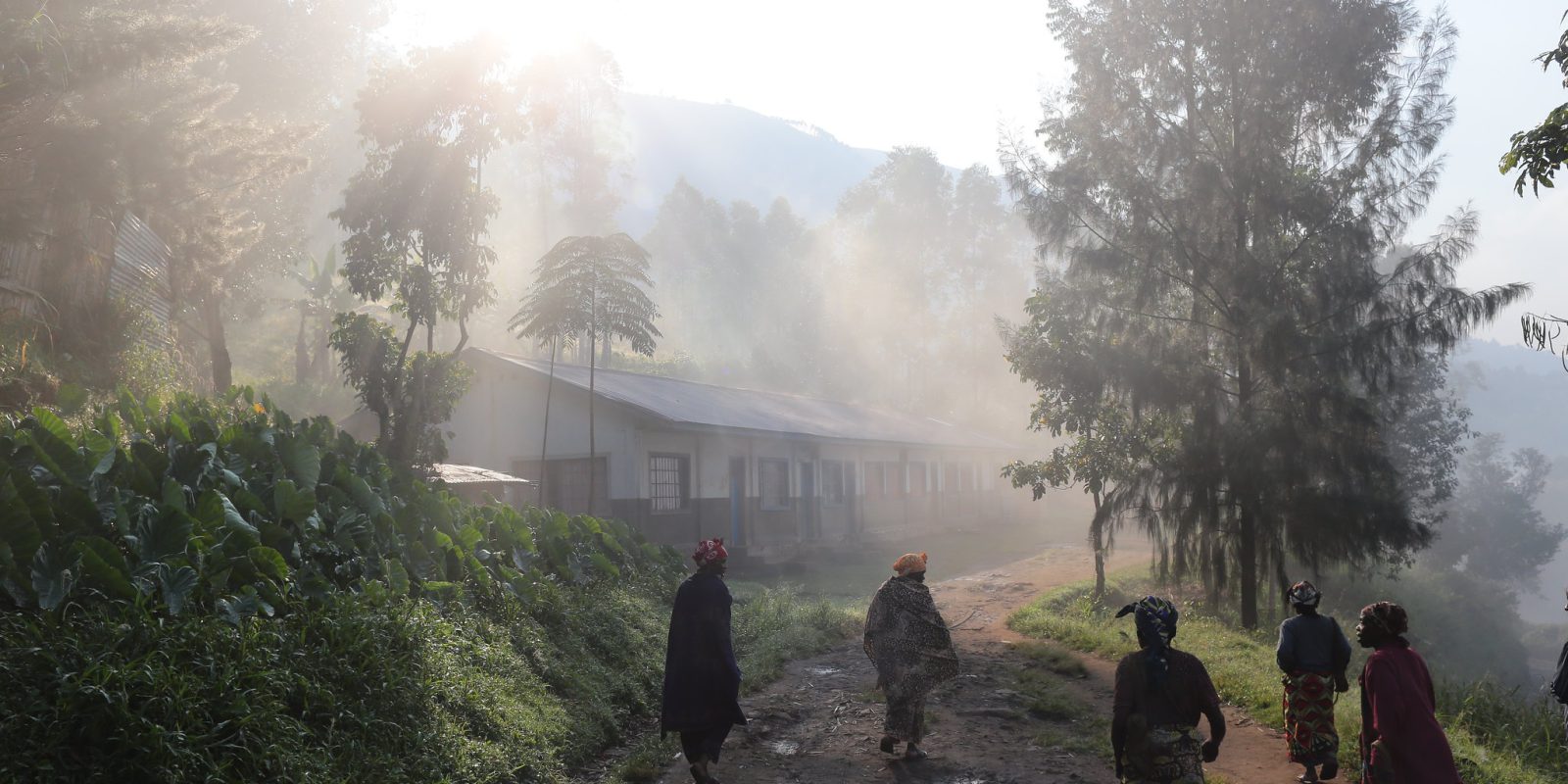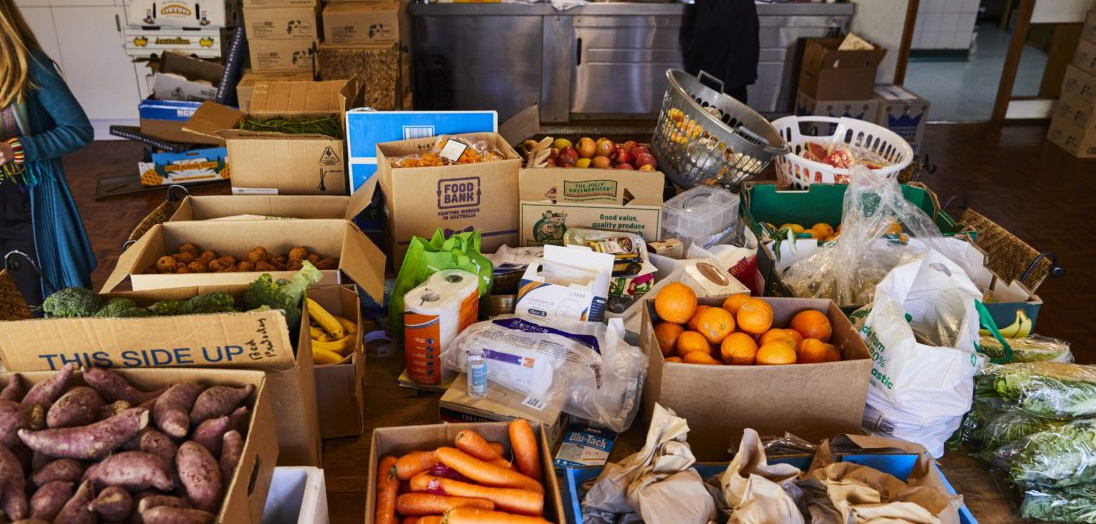Australia Should Stop Pressuring Traumatised Refugees to Make Major Resettlement Decisions Without Adequate Support
25 October 2022

For Immediate Release – 25 October 2022
Jesuit Refugee Service (JRS) Australia is gravely concerned by the sharp increase in distress among refugees medevaced to Australia from offshore detention as the Australian Government renews pressure on them to make major resettlement decisions without adequate support.
These refugees were brought to Australia from Nauru and PNG because they or their family members, including children, needed acute medical support. The need for such urgent care arose during, or was exacerbated by, the devastating experiences which the refugees endured whilst subject to the harsh detention and externalisation policies of successive Australian governments.
Now, tersely worded letters issued by the Department of Home Affairs are telling the recipients that they do not fall within the scope of reforms promised by the Australian Government to grant permanent residency to refugees subject to temporary protection. The letters urge traumatised refugees to take up resettlement offers in third countries within pressured timeframes, and without appropriate support.
Some refugees formerly transferred to Australia for medical reasons have agreed to resettle in other countries, and for some this may have eased their life pressures. However, JRS Australia maintains that the kindest approach now would be to allow refugees, who are devastated at the prospect of departure, to remain in Australia permanently.
JRS Australia also urges the Australian Government to provide an enabling environment for traumatised refugees to make a decision that is in their best interests by offering them access to free and independent legal advice and psychological support.
“A number of highly traumatised refugees previously medevaced to Australia have told us that after so many years of struggle, trauma and cruel treatment they can no longer envisage a future elsewhere,” said Tamara Domicelj, JRS Australia Country Director. “They have explained that the prospect of needing to relocate, yet again, and to lose the deep relationships which they have forged here, is overwhelmingly stressful. The pressure to depart, without prospect of return, is sending people into deep despair and impacting their capacity to make a decision.”
Refused a future in Australia, these refugees have suffered years of uncertainty about their immigration status. Australian policies have also forced them to endure protracted separation from their families, and their visa conditions have often restricted their work and study rights.
Complex trauma has contributed to deepening mental health challenges, leading to increased incidents of suicidality and self-harm. The deteriorating mental health condition of these refugees is corroding their capacity to make informed decisions about their futures.
Despite the traumas which they have endured, most of the affected people have demonstrated extraordinary resilience to date. They have worked hard to rebuild their lives whilst in Australia, working and paying taxes, volunteering, and supporting their children to study. Many have earned the deep respect and abiding loyalties of their local communities, networks and supporters.
END



